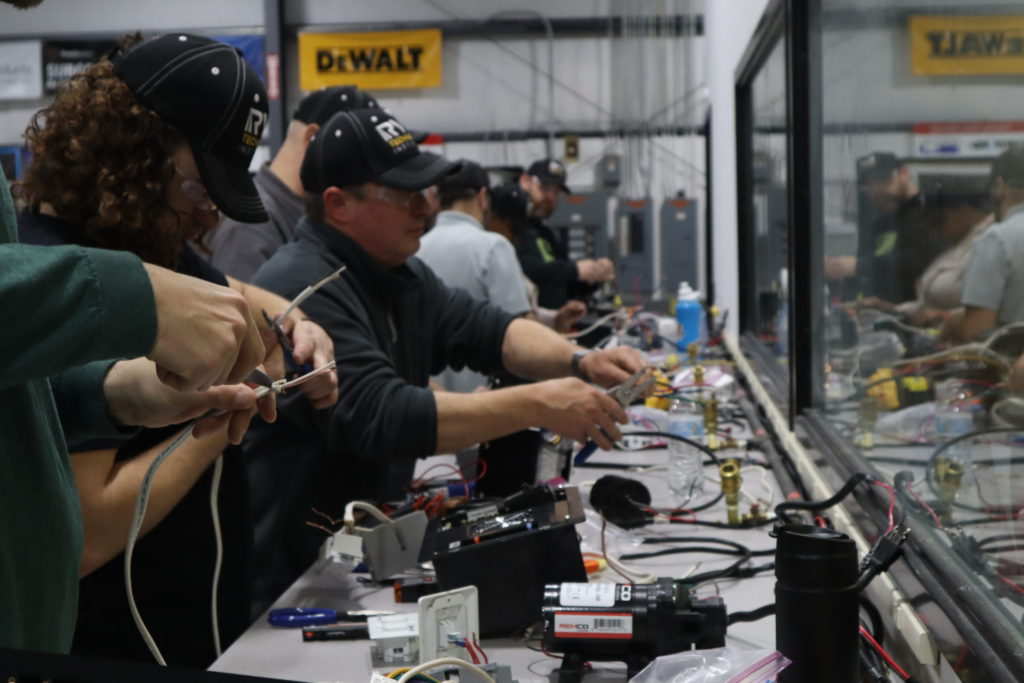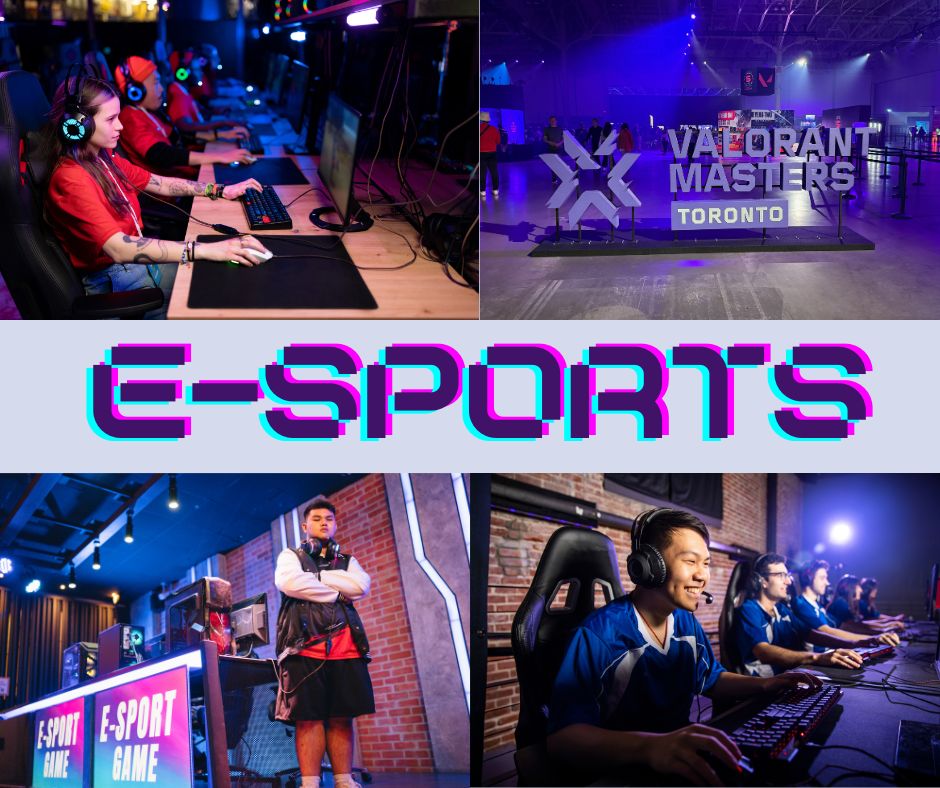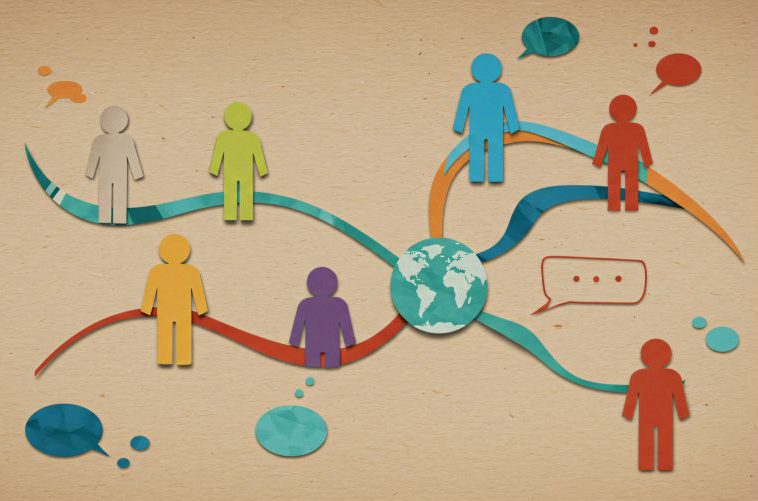
AI-Proof Careers: Why Skilled Trades Are Here to Stay
Posted by
Artificial intelligence (AI) is everywhere — from homework helper chatbots to self-driving taxis in metropolitan areas. Yet its mainstream portrayal has often been less than positive, particularly concerning the outlook for future careers. Many trusted business and career news outlets, including Forbes, The Washington Post, and The Wall Street Journal, have frequently reported that traditional white-collar jobs may be at risk due to automation and increased task efficiency enabled by AI. Amid this uncertainty, one group of careers is standing out as AI-proof: the skilled trades.
While robots can complete distinct tasks like moving pallets or organizing spreadsheets, these tools cannot quickly interpret issues to provide solutions over the phone or in person, like fixing an RV’s air conditioning unit or a leaky faucet. For high schoolers considering their future career, these stark differences between automated capabilities and the human necessity for critical, hands-on problem-solving are a big deal.
What is AI, and how might it impact jobs?
Perhaps you’re familiar with recent tools like OpenAI’s ChatGPT, Anthropic’s Claude, Perplexity, and Google’s Gemini, whose capabilities can be as robust as a self-driving car or humanoid robot. AI mimics human intelligence, but with a major difference: it completes routine tasks more quickly and, in some cases, can even generate creative writing and code.
In its simplest form, generative AI (GenAI) is a type of artificial intelligence that analyzes and organizes information and also creates entirely new things based on the massive amounts of data it’s been trained on.
It generates, not just identifies. Instead of merely classifying things (like tagging photos with “dog” or “car”), GenAI produces brand new text, images, code, or music. It’s based on prediction. When you type a prompt, AI doesn’t “think” creatively; it predicts the most statistically probable and coherent sequence of words, pixels, or code that fits the patterns it learned from its vast training data.
For traditional white-collar jobs that regularly work with computers or conduct routine functions in administrative, clerical, engineering, and legal fields, AI could automate more duties. But AI’s lack of physical dexterity and immediate, nuanced human interaction limits its ability to handle many complex, real-world problems. AI can’t listen to a customer’s concerns, climb a ladder, and physically diagnose what’s wrong with a roof, which makes jobs in the skilled trades shine.
Why skilled trades offer an AI-proof future
Skilled trades careers stand out as resilient because they fundamentally involve complex problem-solving in the real world. No two repair jobs or construction projects are the same, and they often require a blend of quick thinking, physical dexterity, and nuanced communication with customers or coworkers — skills difficult for AI to replicate.
Beyond their resilience to automation, these careers are rewarding: you get to see the direct results of your work, whether it’s fixing a family’s heater on a cold night or wiring a new community center. And unlike many careers that require a four-year degree and hefty student loans, skilled trades offer training that’s faster, more affordable, and more direct through trade schools and programs, apprenticeships and internships, and on-the-job training.
How AI and technology support the skilled trades
Technology, including AI, doesn’t have to be a threat. Many industries, like manufacturing, already use AI to enhance workflows. Professionals, including builders, technicians, and plumbers, leverage innovations like new diagnostic software, smart tools, and connected devices to detect faulty equipment before it fails, improve safety procedures, and generate real-time data to optimize efficiency.
The key distinction? AI is augmenting rather than replacing these roles. Skilled trades workers must still use their expertise and training to interpret results and execute the physical task at hand. Ultimately, human judgment, final safety checks, and troubleshooting remain indispensable for ensuring the job is completed correctly and safely.
AI-proof careers in the trades
People working in the skilled trades perform a variety of functions that AI cannot do, including wiring, troubleshooting, diagnosing, repairing complex systems and components, construction, and other manual labor. Here are just a few careers that AI can’t replace (and in many cases, will only make more efficient) and that offer long-term job security:
- Electricians
- HVAC/R technicians
- Automotive and RV service technicians
- Welders
- Carpenters
- Plumbers
According to the U.S. Bureau of Labor Statistics’ (BLS) Occupational Outlook Handbook, careers in construction and extraction are expected to grow faster than the average for all occupations between 2024-2034. The demand for skilled trades jobs is projected to remain strong as infrastructure ages and current trades workers retire.

Explore skilled trades careers before graduation
For teens interested in exploring skilled trades careers before high school graduation, consider these possibilities:
- Try a Career & Technical Education (CTE) program in your high school.
- Explore training websites for low-cost and non-time-intensive skilled trades programs, like RV Technical Institute, to learn more about specific career paths.
- Take shop and robotics classes or join a club.
- Visit maker spaces or community tool co-ops/shares.
- Consider an apprenticeship, internship, or job shadowing experience.
- Visit your nearest technical school to see skilled trades career training/courses in action.
- Connect with local employers, like RV dealerships, manufacturing plants, and construction offices, that employ skilled tradespeople.
The future is hands-on: A smart career path for teens
As AI reshapes the job market, skilled trades remain a future-proof option. They’re essential, hands-on, and rewarding careers that machines can’t replace. For teens planning their next step, the trades offer stability, strong pay, and the opportunity to build something tangible in an increasingly digital world that shows no signs of reversing this trend. A final bonus? Unlike many corporate roles, a career in the trades often leads to the ultimate independence: the chance to operate your own business.
Blog Categories
- Career Advice
- College Admissions
- Colleges & Universities
- Financial Aid and Scholarships
- For Counselors
- For Parents
- For Students
- Gap Years
- Mental Health and Wellness
- Online Learning
- Performing and Visual Arts
- STEM Majors and More
- Summer Programs
- Teen Volunteering
- Trade & Vocational Schools
- Tutoring & Test Prep

Organization with listings on TeenLife? Login here
Register for Free
We’re here to help you find your best-fit teen-centered academic and enrichment opportunities.
Forgot Password
"*" indicates required fields








